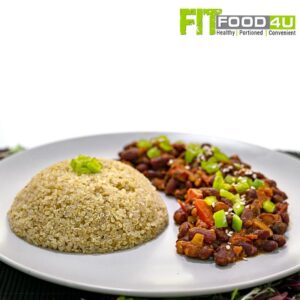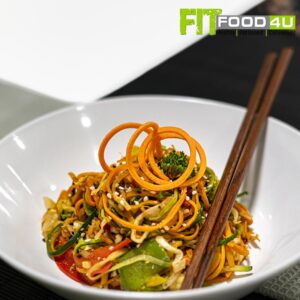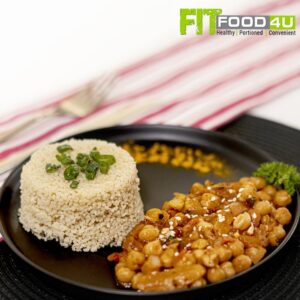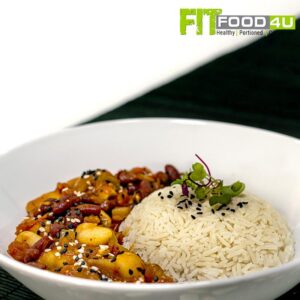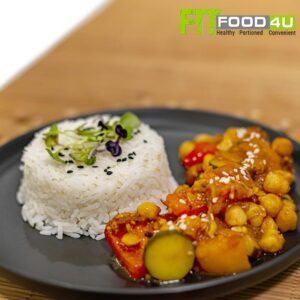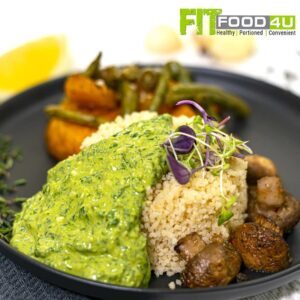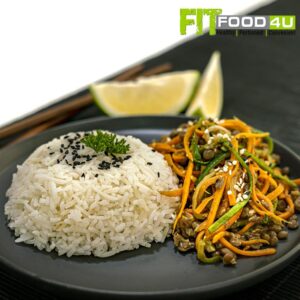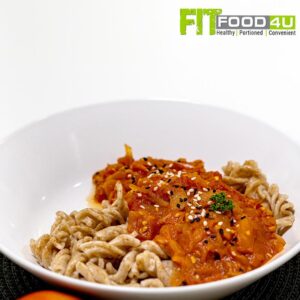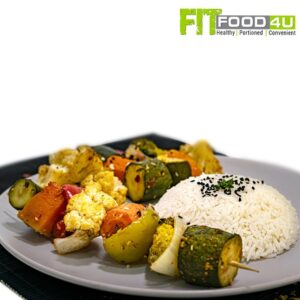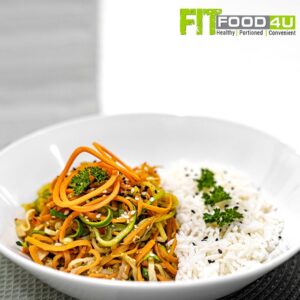One of the most talked about topics for a long while now is the topic of going vegan! So its only fitting for us to keep the conversation going and write up about it!
First of all, what does the word “vegan” mean?
Being a vegan means that you cut out all animal products. This means meat, honey, eggs, milk, cheese and some vegans take it a step further and cut out anything that includes gelatine, as well as anything that uses animal by-products, or beauty products that aren’t cruelty free.
Although going vegan may seem difficult, today’s world of foodies health fanatics have made it so much easier than it may seem. With an extremely wide variety of different milks, vegan cheeses, different plant proteins, and meat replacements such as plant-based burgers, sausages, and nuggets going vegan is not as restrictive as one may think.
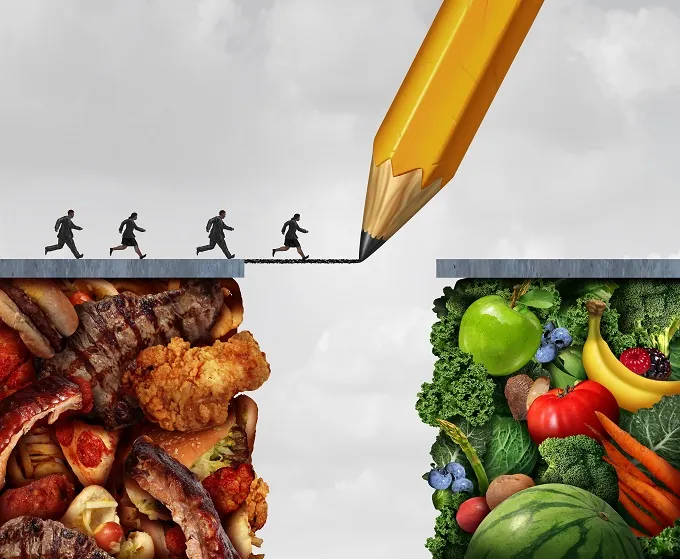
Welcome to the world of health, vitality, and fun.
Although this might seem difficult, especially as a South African which means missing out on a lekker braai, there are some really great health and environmental benefits which might make the switch a little easier, as well as having so many vegan options to throw on the braai as well so that you don’t miss out on all the fun!
Being Vegan has incredible health benefits
This is a big reason to make the change. Your health is your wealth and there are few better ways to manage your health like eating plant-based foods. Losing weight to look good and feel good is one thing. But losing weight isn’t only to look good, it can be healthy too.
Not only is the introduction of more fruits and vegetables great for your body, cutting out processed meat and reducing your intake of saturated fats and the consequential reduction in the risk of disease and illness. Although the switch may be difficult, a vegan diet centres on foods associated with healthier and longer lives which is reason enough for some.
Health and nutrients go hand in hand, and a vegan diet is jam-packed with a wide variety of nutrients. Replacing meat with healthier foods such as whole grains, beans, peas, nuts and seeds can be great for upping your intake of antioxidants, potassium, magnesium, folate and vitamins A, C and E. Switching to a vegan diet also means being more aware of what you eat and its impact on your well-being. It’s likely that you will be better informed about your body and what it needs to function than ever before. Vegan diets are also naturally lower in fat and higher in fibre which will leave you feeling fuller for longer – perfect for those looking to start at a healthier diet!
Reason number two has to surround the topic of taste!
Taste is probably one of the biggest reasons why we eat the food we eat. Many people make the decision to stay vegan after trying it out, and their decision is influenced by the discovery of great new foods. To get a taste of just how delicious the vegan way of life can be just take a look at our vegan page and what we have to offer.
Reason number three is all about our environment
Reducing your consumption of meat and dairy products is the single biggest way to reduce your environmental impact on the planet, because farming animals requires much more land and resources than growing and eating plants. The demand for more and more agricultural land is leading to the destruction of jungle environments around the globe and the threat of extinction for hundreds of species. There has never been a greater need for you to make the switch.
Following this reason, is the animals.
The welfare of animals is a major reason for the non-stop progress of veganism. It is argued that eating meat and dairy products supports an agricultural industry which allows for millions of creatures living in unnatural, stressful, and even cruel conditions. Excluding all meat from your diet contributes to the reduction of harm caused to animals by this industry.
Finally, lets talk about how being vegan allows for weight loss as well!
With good planning and understanding of what makes up a healthy, balanced vegan diet you can get all the nutrients your body needs. Following a vegan diet allows for the introduction of a wide variety of vegetables and meat replacements which can aid in weight loss. This is because vegetables and fruits have so many wonderful nutrients in them which do wonders for the body. In addition to this, by minimizing your consumption of processed foods that are likely to be high in added sugar and fat, low in fiber, and full of additives, plant-based diets emphasize heart-healthy unsaturated fats and “good” carbohydrates, allowing for a higher intake of fiber, antioxidants, vitamins, and minerals which means it is a suitable way to look and feel lighter too.
Being vegan has never been so easy, and we have made it that much more convenient. Having all your vegan meals packaged and delivered to your door for you to place in the microwave and eat every day. Don’t fuss about what to eat for dinner or stress about having certain ingredients, we have got you covered! Have a look at our wide variety of vegan products and make the switch today! You might love it so much, you may be convert for longer!
Special Note:
A handful of nutrients that require special attention. They include Vitamin D, for which our chief source is sunlight on the skin. In winter everyone is recommended to consider taking a supplement.
The others are:
- Calcium which is vital for building bones and teeth. Adults need 700mg a day. Most green vegetables (but not spinach) and fortified foods are key sources. A handful of almonds (around 30g) has 88mg. A similar quantity of apricots and figs both have 18mg, raisins have 17mg and prunes 14mg. All are sources recommended by the NHS.
- Iron is vital for making red blood cells and helping create energy from food. Women under 50 require 14.8mg a day. Older women and men need 8.7mg. Dark green leafy vegetables are good sources, but the NHS also recommends beans, nuts, dried fruit and wholegrains. Outstanding sources are (per 100g) sesame seeds 10.4mg, lentils 6.5mg, sunflower seeds 5.25mg, figs 2.0mg, apricots 2.66mg, almonds 3.72mg, hazelnuts 4.7mg and brazil nuts 2.43mg.
- Vitamin B12 helps make red blood cells and maintain the nervous system but it is not produced by plants. Adults need 1.5 micrograms a day. Those who do not eat meat or dairy need to look to supplements or fortified foods. The Vegan Society also recommends fortified yeast extracts and nutritional yeast flakes. The Society suggests one dish every day with 5g of them. A 5g serving of Grape Tree own brand Yeast Flakes will deliver 2.2mcg of B12 more than your requirement for the day. It also has the other seven B vitamins, 2.45g of protein, 1.25g of fibre plus calcium, zinc, iron, selenium, potassium, phosphorous, magnesium and copper.
- Omega 3 fatty acids are needed for the functioning of the brain and the control of heart disease and stroke. This has led to advice to eat at least two portions a week of oily fish which contains the Omega 3s EPA (eicosapentaenoic acid) and DHA (docosahexaenoic acid). The third major Omega 3 is alpha-linoleic acid (ALA) and this is the one the body cannot make. For non-fish eaters ALA is critical because it can help create EPA and DHA. Linseed and walnuts are rated as excellent sources of Omega 3s. Chia seeds, linseed and hemp seeds are also recommended.

